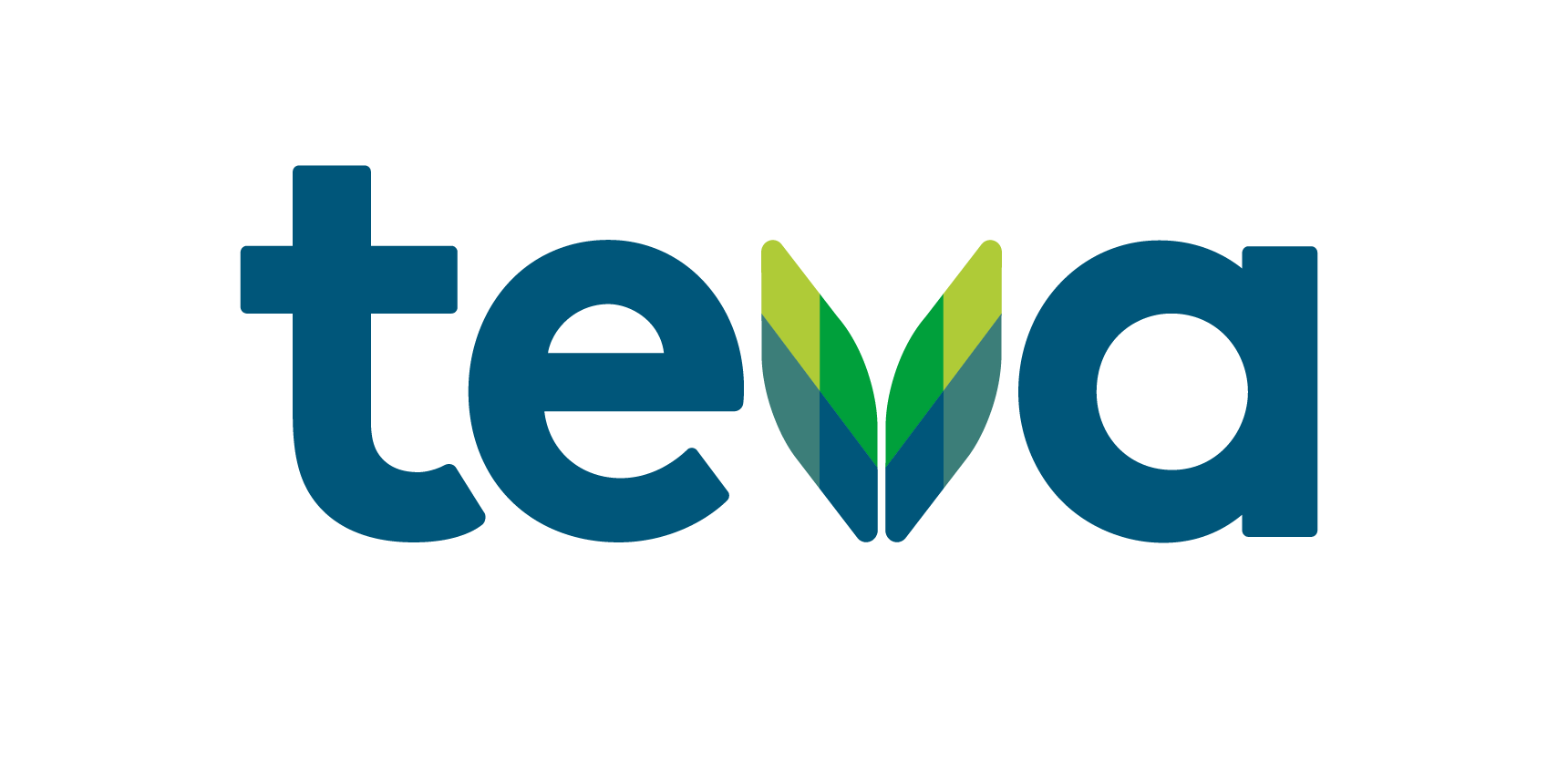Teva’s New Schizophrenia Treatment Shows Success In Latest Phase 3 Study
Teva shares positive Phase 3 results for TEV-749, a long-acting injectable for schizophrenia treatment.
Breaking News
Sep 21, 2024
Mrudula Kulkarni

Teva Pharmaceuticals, a U.S. branch of Teva Pharmaceutical
Industries Ltd. (NYSE and TASE: TEVA), has shared encouraging results from its
Phase 3 SOLARIS trial, which tested TEV-‘749, a monthly injectable form of
olanzapine, in adults with schizophrenia. The study showed that TEV-‘749
achieved its primary goal by significantly reducing symptoms measured by the
Positive and Negative Syndrome Scale (PANSS) from the start of the study to
week 8.
It also met secondary goals, showing improvements in the
Clinical Global Impression-Severity (CGI-S) and Personal and Social Performance
(PSP) scales compared to placebo after 8 weeks. Importantly, there were no
reported cases of post-injection delirium/sedation syndrome (PDSS) during the
SOLARIS (Period 1) and Phase 1 safety tests. The safety profile of TEV-‘749 was
similar to other oral olanzapine treatments. These findings were presented at
the 37th Annual European College of Neuropsychopharmacology (ECNP) Congress,
held in Milan, Italy, from September 21-24, 2024.
Schizophrenia is a multifaceted condition that often
necessitates adjustments in treatment, including switching from oral
medications to long-acting injectables (LAIs) or between different LAI
therapies. New findings highlight the potential of TEV-749 as an LAI option for
patients currently managing their symptoms with daily oral olanzapine or other
antipsychotics. Presently, the only long-acting olanzapine available poses a
risk of PDSS, a condition where sudden episodes of delirium or sedation occur due
to the rapid release of the drug into the bloodstream following intramuscular
injection.
Eric Hughes, MD, PhD, Executive Vice President of Global
R&D and Chief Medical Officer at Teva, said in a statement, “Teva is
dedicated to building on its commitment to neuroscience by developing new
long-acting injectable treatment options like TEV-‘749 that may help address
unmet needs in schizophrenia for patients and healthcare providers. PDSS is a
major barrier to the utilization of intramuscular olanzapine LAIs that exists
today, and our SOLARIS findings fuel the continued development of TEV-‘749.”
Christoph Correll, MD, Professor of Psychiatry at the Zucker
School of Medicine, Hempstead, NY, stated “Developing a long-acting olanzapine
formulation that poses potentially no risk of PDSS is crucial in preventing
these dangerous episodes that otherwise limit the use of olanzapine to daily
oral options. With no PDSS observed in the SOLARIS trial to date, these data
add to the growing body of evidence that TEV-‘749 may one day serve as an
important treatment option for patients and healthcare providers who rely on
olanzapine and also have needs or preferences that require a long-acting
option.”
For almost three decades, olanzapine has been widely
utilized as one of the most frequently prescribed second-generation oral
antipsychotics for treating schizophrenia globally. Its effectiveness and
safety have been consistently demonstrated in both clinical and real-world
settings.
